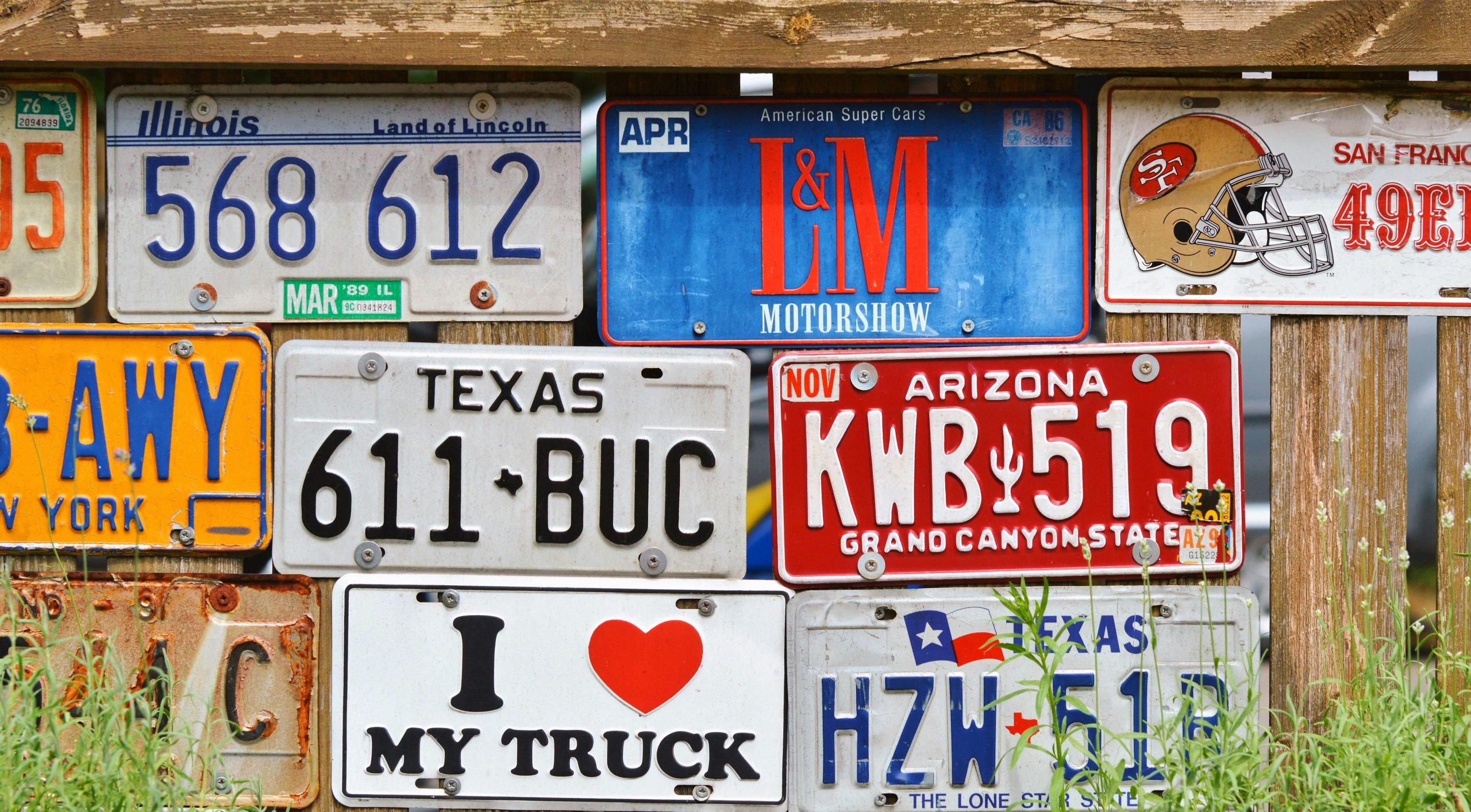Legal Concerns When a Sold Vehicle Is Involved in an Accident: What Sellers Need to Know
Navigating the aftermath of selling a vehicle can sometimes lead to unforeseen complications. Recently, a scenario surfaced where a car owner faced unexpected legal notices after the sale of their vehicle. This situation underscores the importance of understanding your legal rights and the proper steps to protect yourself when transferring ownership of a vehicle.
The Scenario: A Vehicle Sale and Unexpected Legal Action
A vehicle owner sold their car and diligently signed and documented the transfer of ownership with a signed pink slip—an official proof of sale. Additionally, they obtained a Release of Liability from the DMV, confirming that they were no longer responsible for the vehicle. Despite these precautions, the new owner of the vehicle encountered legal issues after an accident involving the car.
The buyer, who had the car for about a month, was involved in an incident that resulted in damages and subsequent arrest. Strangely, the original owner received communication from a collections agency—AFNI—demanding over $12,000 for damages associated with the vehicle. The question arises: Is this claim legally valid, considering the original owner had already sold the vehicle?
Key Points for Vehicle Sellers
-
Document Every Step: Always complete and keep copies of the bill of sale, pink slip, and Release of Liability forms. These documents are crucial evidence that ownership has transferred.
-
Notify the DMV Promptly: After sale, notify your state’s DMV promptly to update the vehicle’s registration status. This helps establish that you are no longer responsible for the vehicle.
-
Understand Your Liability: Once the DMV processes the transfer, and the Release of Liability is filed, your legal responsibility typically ceases. However, delays or errors in updating records can sometimes complicate matters.
-
Legal Recourse for Sellers: If a vehicle you sold is involved in an incident, and you’ve provided proof of sale and notified relevant authorities, you generally shouldn’t be held liable. Nevertheless, efforts should be made to follow up and confirm that your documentation is recognized.
Can the Purchaser or Third Parties Seek Compensation from the Seller?
In most cases, liability for damages resulting from an accident falls on the registered owner at the time of the incident. If the vehicle was properly transferred, and you’ve provided proof, the new owner is usually responsible. However, situations vary based on jurisdiction and timing, especially if the sale wasn’t processed correctly or if paperwork wasn’t finalized.



